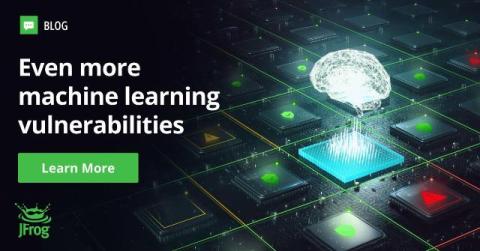Why Protecting Third-Party APIs is Essential for Enterprise Security
In today’s rapidly interconnected digital environment, third-party APIs have become fundamental for enhancing functionality and enriching user experiences. However, as seen in recent incidents like the Kaiser data breach, these third-party integrations carry risks that, if unaddressed, can lead to significant security and privacy violations.











